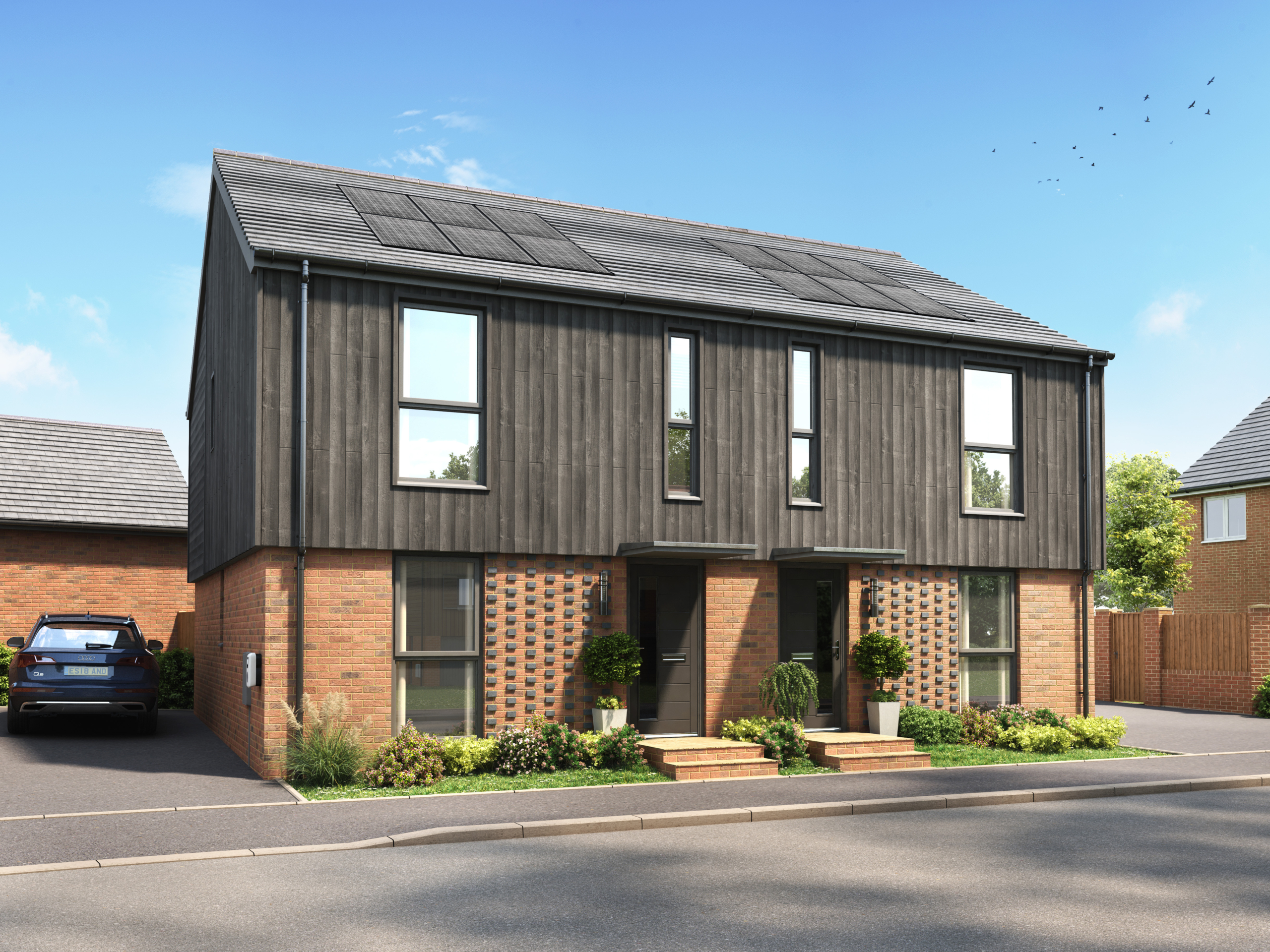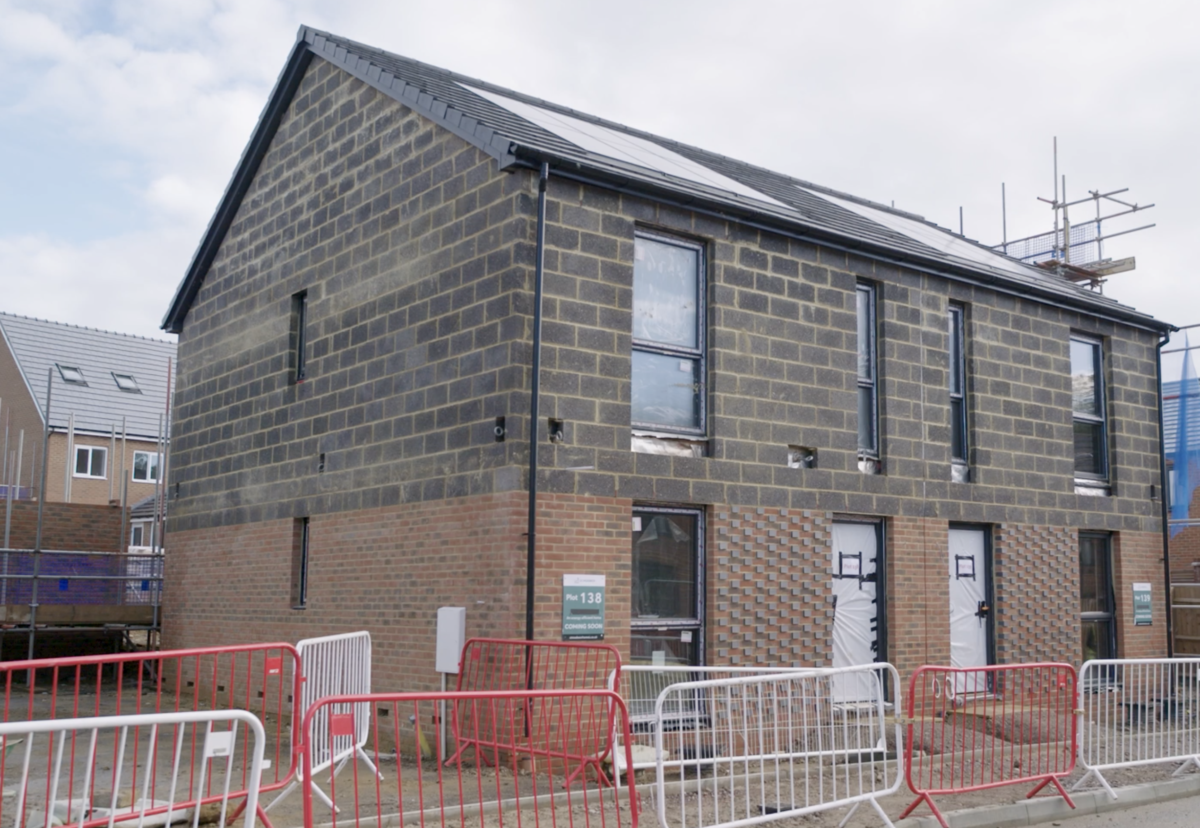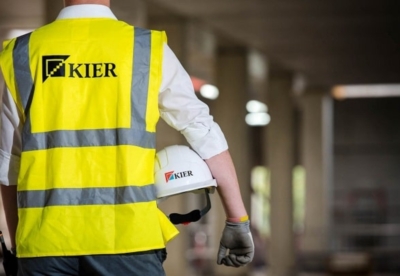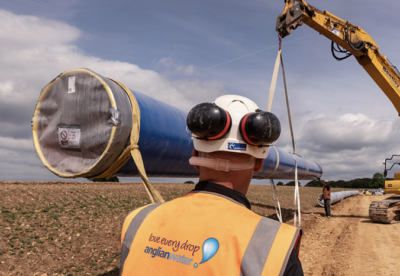The trial will demonstrate the potential to deliver carbon-negative homes commercially, and at a scale big enough to have a material impact on the UK’s annual CO2 emissions.
Due to be completed early this year, the homes at Copthorne near Gatwick are designed to produce more energy than they consume.
Analysis by energy and sustainability experts Ampersand Partners indicates the design could slash 52% from families’ energy bills.
Savings are expected to be even higher for average UK homes, where the average bill is £1,277, if the same efficiency standards are applied.
The trial homes are capable of delivering a 103% reduction in CO2 emissions compared to current standards due to the shift from reliance on fossil fuels to usage of electric- powered technology.
St Modwen is already using insights from the pilot to inform a forthcoming 40-home development in Hilton Valley, Derbyshire.
Sarwjit Sambhi, CEO, St Modwen, said: “St Modwen is already an industry leader in using low-carbon modern methods of construction.
“We are now building some of the most energy efficient homes in the market to prove carbon-negative houses can significantly cut energy bills and reduce emissions, and to work towards building them at scale.”
St. Modwen homes will slash family energy bills by over 50%

Key to the design is the use of electric air-source heat pumps.
A smart hot water tank connected to the homes’ solar panels will also remove the need for gas-powered hot water.
Residents of the trial homes at St Modwen’s Heathy Wood site in Copthorne could benefit from design that makes the houses 10 times as airtight as industry standards.
Simple improvements to building fabric, insulation, and ventilation, have transformed the efficiency of the homes compared to traditional builds.
The homes are also fitted with photovoltaic solar panels and a 2.6 KWh battery, an electric vehicle charger, air-source heat pump, smart hot water tank and wastewater heat recovery unit to minimise energy use and reduce emissions.
The UK’s housing stock accounts for 14% of total UK emissions according to the Government’s Heat and Building Strategy, published last year, which set out its ambition for all new home heating systems to be using low carbon technologies by 2035 to address this.






















































.gif)




